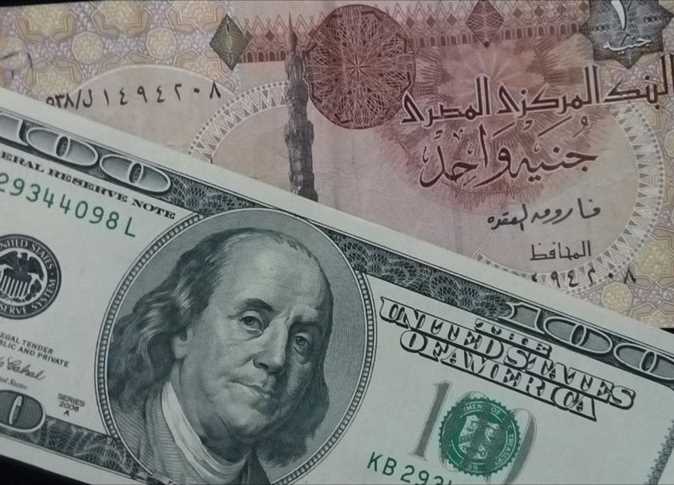Prime Minister Hesham Qandil and International Monetary Fund (IMF) head Christine Lagarde met on Thursday to discuss the future of the US$4.8 billion loan to Egypt.
Qandil told a news conference he had told Lagarde that Egypt would carry out some of the reforms required by the global lender before a general election due in April, and others would come later.
He said he hoped the frequently delayed IMF talks were now on track and a loan agreement could be concluded in the next round of talks.
During the meeting on the sidelines of the Davos Economic Forum in Switzerland, Lagarde stressed that the IMF wants to support the Egyptian economy. They agreed a delegation would be sent to Egypt in two weeks, to complete final discussions on the loan agreement.
However, government sources close to the negotiations process said IMF has indicated a desire to postpone making any decisions on the loan until after parliamentary elections, which are slated to take place at some point within three to four months.
The sources, who requested anonymity, added that the United States stands behind the IMF in supporting Egypt through its current economic crisis.
Both sides are maneuvering to ensure the loan is granted, the sources said. To that end, the IMF recently asked Qandil’s Cabinet to tailor its economic and social reform program.
These won’t be major changes, but are meant to help the country cope with pressing economic problems such as inflation and currency devaluation, they continued.
The government is currently considering several alternatives to provide liquidity without increasing sales tax on some consumer goods. These alternatives may include issuing sovereign instruments for foreign institutions and instituting further austerity measures, rationalization of government spending and a second reduction of government subsidies, the sources claimed.
A deal on the IMF loan had been expected last month but was postponed because of political instability, triggering a plunge in the Egyptian pound to record lows.
The country has been in an economic slide since a popular revolution overthrew authoritarian ruler Hosni Mubarak two years ago, bringing a government led by the Muslim Brotherhood to power.
The pound has lost about 7 percent of its value in less than a month and is now 12 percent weaker than it was before the early 2011 uprising.
An IMF source said the Fund was waiting to see whether the government had gone all the way in liberalizing exchange rates and some points on the state budget were also still under discussion.
Qandil rejected concerns about the sharp depreciation of the currency in recent weeks, saying it was good for exports and for foreign direct investment in the country.
Financial aid from the Gulf is buying the government time as it battles to prevent a currency collapse, though Cairo may not be able to afford much more delay in securing a loan from the IMF.
Edited translation from Al-Masry Al-Youm




